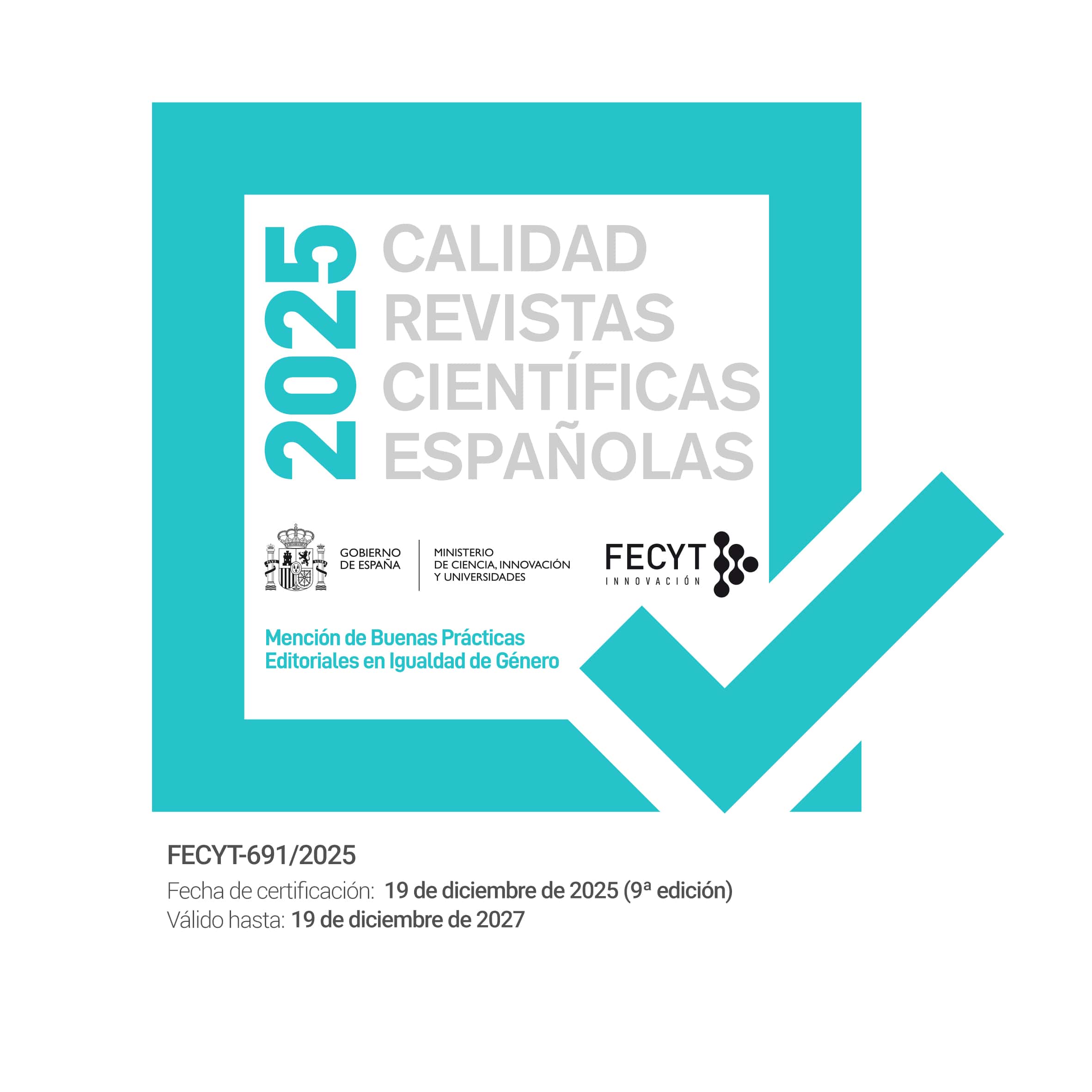Don Quixote and the translation of laughter
DOI:
https://doi.org/10.55422/bbmp.25Keywords:
Irony, Laugh, Quixote, Translation, Humour, English, InterpretationAbstract
The task of translating a novel into another language is not based on substituting words from a language or incorporating equivalent words, but on interpreting expressions and understanding what the original author aims to say. Therefore, it is not absurd that there are different English translations of Don Quixote, since each text is different because so are the reader, the translator and the translation. In England and other countries, this novel has been considered as a burlesque, entertaining and funny novel that has no greater objective than to make the melancholy laugh and serve as therapy. However, in each era there have been different readings of Don Quixote and either it has been given a romantic solemnity, or it has been considered banal for its jokes and puns. In this essay the two extreme positions are refuted and an intermediate consideration is advocated, in which smile and humor are not at odds with the seriousness and subtle meanings that Cervantes included in his magnum opus.
Downloads
Publication Facts
Reviewer profiles N/A
Author statements
Indexed in
- Academic society
- Sociedad Menéndez Pelayo
- Publisher
- Sociedad Menéndez Pelayo
Global Statistics ℹ️
|
260
Views
|
104
Downloads
|
|
364
Total
|
|
Downloads
Published
How to Cite
Issue
Section
License
Copyright (c) 2022 John Rutherford

This work is licensed under a Creative Commons Attribution-NonCommercial 4.0 International License.








